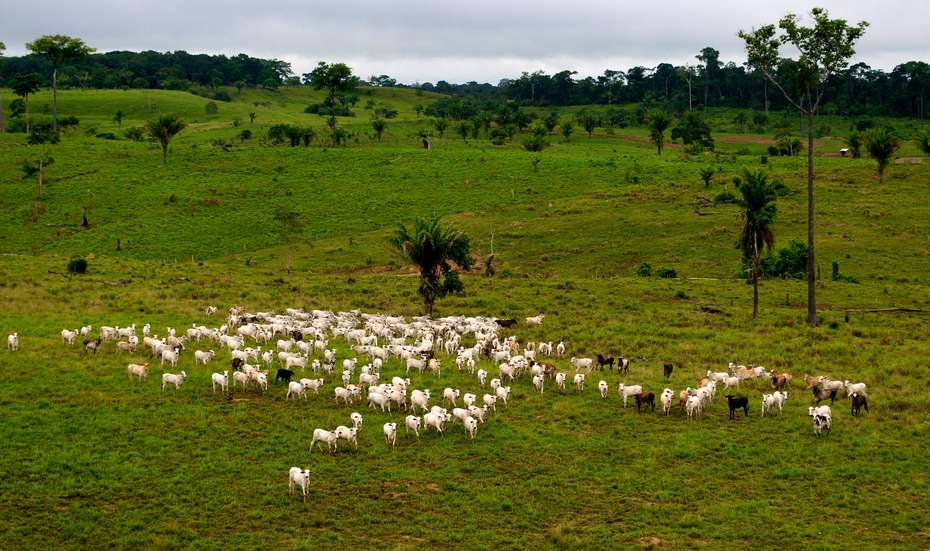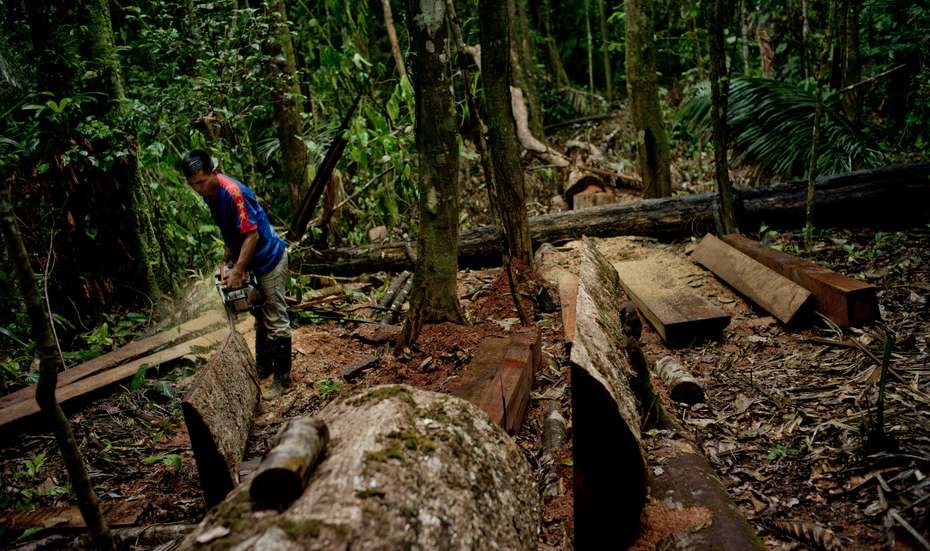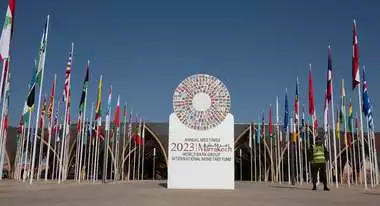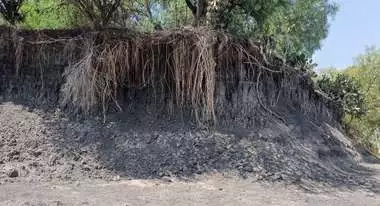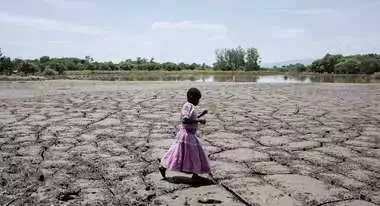The Amazon: Once again a Model of Climate Protection, even Beyond Brazil?
The government of President Lula is lobbying for cooperation between affected countries in the Global South when dealing with the protection of rain forests. From industrial countries he expects less advice but more money for adaptation to climate change.
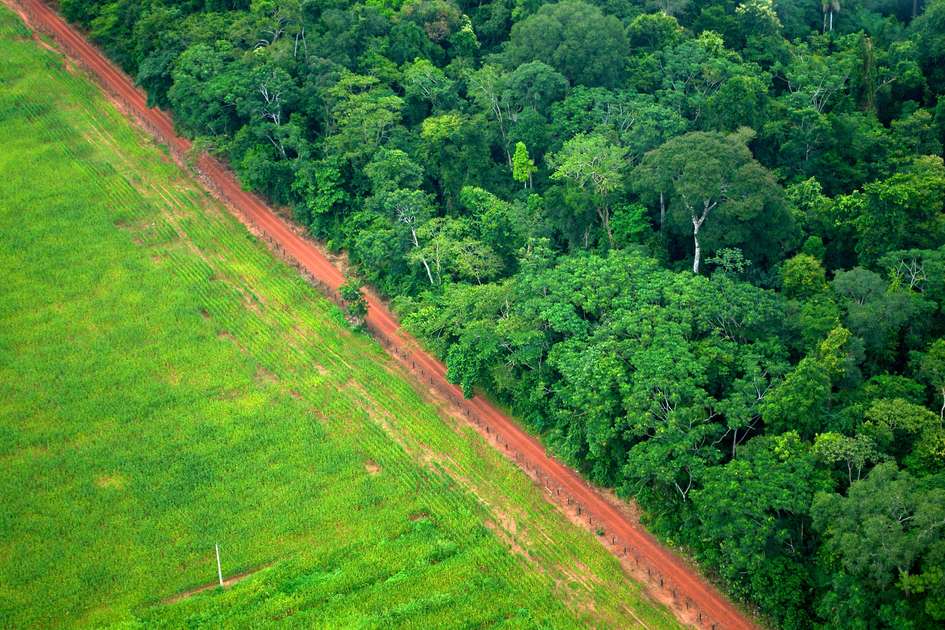
When it comes to climate protection, the motto in Brasília is: "I do it my way”. Possibly inspired by Frank Sinatra's famous motto, Brazil's President Luiz Inácio Lula da Silva is signalling one thing for sure: He’s doing it his way. Climate protection made in Brazil 2023 means: Brazil decides, the industrialized countries pay.
"The wealth of industrialized countries is based on a model that emits high levels of gases detrimental to the climate," Lula said in his speech at the UN General Assembly on September 19. These countries should now pay their historic debts, he said.
The new self-confidence comes at a time when the world is looking towards Brazil. For after four years of political adventurism under former President Jair Bolsonaro (2019-2022), the country has declared that it wants to reclaim its place in the forefront of climate protection.
Amazon Fund and Green Climate Fund
But how does Brazil plan to do that? There is a great deal of confusion among the financial instruments available to emerging and developing countries for adapting to climate change and reducing CO2 emissions. But two instruments stand out.
In addition to the Green Climate Fund launched in 2010 by 194 member states of the UN Framework Convention on Climate Change, Brazil can access another much more flexible instrument: the Amazon Fund.
The fund, which was established 15 years ago on August 1, 2008, is financed by Norway (90 percent) and Germany (10 percent). The funds do not have to be repaid. The fund currently comprises $1.2 billion. New pledges by Germany, the UK, Denmark, Switzerland, the US and the EU mean that these funds could be doubled.
Act first, get paid later
The special feature of the Amazon Fund is that targets agreed with donors have to met first before money is paid out. In other words, Brazil has to prove that rates of deforestation are falling before funds can be accessed.
The system is a success: Between 2008 and 2020, the rate of deforestation in the Amazon fell from about 13,000 to 4,500 square kilometers per year according to the Brazilian Institute for Space Research (INPE). But in 2021, rainforest destruction reached the 13,000-square-kilometer mark once again.
Since Lula took office in January, a positive trend can be observed once again. According to INPE, deforestation in the Brazilian Amazon decreased by 48 percent in the first eight months of this year. This has prevented the emission of 196 million tons of carbon dioxide into the atmosphere.
Under Brazilian supervision
Another important feature of the Amazon Fund is national autonomy. How the funds are used and prioritized politically is determined by the country itself; with little need for coordination, project applications are approved quickly. "The fund is completely managed by Brazil, from project selection to allocation of funds," says Nabil Moura Kadri of the Brazilian Development Bank BNDES, which is responsible for managing the fund.
"Donors are not represented on the fund's organizing committee," he adds, "and this committee decides on the selection of projects." The projects cover a wide spectrum, from sustainable land for growing vegetables destined for school lunches for children in public schools in the Brazilian Amazon to declaring and managing nature reserves in the region.
The fund also supports climate protection projects outside Brazil. These include, for example, financial and technical support for joint satellite monitoring of the rainforest in the eight Amazon states (Brazil, Bolivia, Colombia, Ecuador, Peru, Venezuela, Guyana and Suriname) in cooperation with the Organization for Cooperation in the Amazon OCTA.
Beyond Latin America, conservation efforts are also being funded for rainforests on the Mekong River, in Congo-Brazzaville and the Democratic Republic of Congo, and in Borneo. "South-South cooperation is possible and desirable," Moura, the administrator, says.
Lula outlined Brazil's new role at the UN General Assembly: "At the Dubai conference, we want to formulate a common vision to protect the rainforests of the Amazon Basin, the Congo and the Mekong that meets our needs - without any paternalism."
Oil exploration in the Amazon basin?
Developments are being followed closely by the Brazilian Climate Observatory (Observatório do Clima), an umbrella organisation of some 90 non-governmental organisations. "The Amazon Fund is the most important instrument for Brazil to acquire international grants," emphasizes Marcio Astrini, director of the organisation.
Astrini is relieved that the fund has resumed its work after an enforced hiatus of more than four years under former President Jair Bolsonaro. Funding of climate protection projects is restarting. Brazilian authorities have stepped up their controls on deforestation.
This new beginning is reinforced politically by a resumption of the plan for the prevention and control of deforestation in the Amazon, Ppcdam. This includes an increase in funding for the environmental agency Ibama, which had been downgraded under Bolsonaro. It has been able to increase its controls by 200 percent since the beginning of the year.
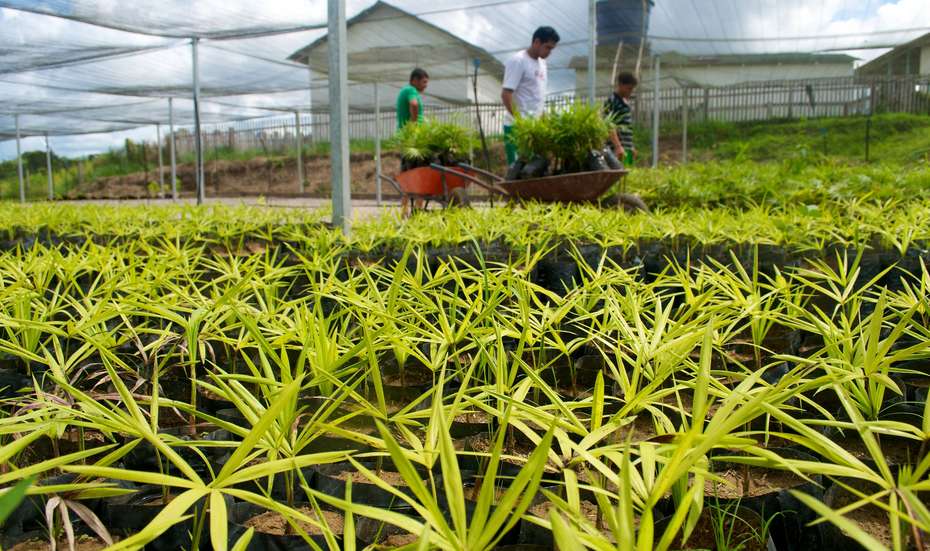
Nevertheless, the signals Astrini observes in the area of environmental protection are not all positive. For example, neither President Lula nor Environment Minister Marina Silva spoke out unequivocally against the exploitation of oil reserves in the Amazon basin at the summit of Amazon states in Belém at the end of August. "It is absurd to exploit a raw material in the Amazon basin that destroys the rainforest," he said.
Brazil's environment minister responded to the criticism in an interview with Deutsche Welle. "Yes, it is a contradiction," she acknowledges. "But this contradiction exists not only in Brazil, but worldwide." So far, she said, no country had managed to replace fossil fuels completely with renewable energy. The world could not yet do without fossil fuels 100 percent of the time, she said. Resistance to oil exploitation can also be observed in the country itself. But the government reserves for itself the right to decide.
Trillions for fossil energies
Globally, fossil energies continue to be subsidized to a much greater extent than renewables. According to the International Monetary Fund (IMF), subsidies amounted to a record $7 trillion last year.
By contrast, the $100 billion a year planned for the Green Climate Fund (GCF) seem downright modest. According to the German Federal Ministry for Economic Cooperation and Development (BMZ), $19 billion has so far been paid into the fund, which provides grants, loans, guarantees and capital for national and international programs. The most recent round of pledges in Bonn in October added another $9.32 billion.
The structure of the fund, which was launched in 2009, differs from traditional funding organizations such as the World Bank and the IMF in that the governing boards comprise equal numbers of representatives from industrialized and developing countries and from emerging economies. Development aid and climate protection organizations criticize, however, that the processing of project applications is lengthy and complicated.
"The methods need to be improved, no doubt about that," Minister Silva said in the interview with DW. But even if – as is planned – the funding reached $100 billion for the first time this year, it was still too little, the politician said. "Investments to restrict global warming is insufficient. Commitments are simply not being met”, she said.
At the upcoming climate conference, Brazil wants to show that there are ways to do things differently. "In Dubai, we want to showcase successful reforestation projects and the ecological and productive use of rainforests," the head of the Amazon Fund, Nabil Moura, promised. "The number of projects we are managing has risen to 102."

